What if doping was allowed? These are the Enhanced Games
The Enhanced Games are created to be a kind of Olympic Games without doping controls and with a medical team that approves the use of doping substances. Cycling is not included in the program, although it could be part of it in the future. The project has sparked a wave of comments that question the viability and ethics of an initiative that aims to see the light by the end of 2024.
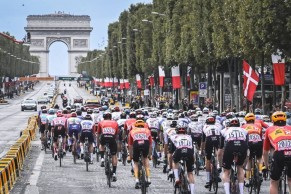
Enhanced Games: the competition that opens the doors to doping
Doping has existed (almost) since the very creation of sports. Many athletes have resorted to the use of substances to increase their performance and improve their records. Something that in general has always been seen as fraud, a manipulation of results, which should only respond to the natural ability of those who participate in a competition.
Cycling knows better than anyone what doping is. Amphetamines were among the first and paved the way for what came next: EPO, blood transfusions, testosterone, clenbuterol, or tramadol, among many other methods. Control bodies have been at war for years rejecting, pursuing, and punishing those who dope.
RECOMENDADO
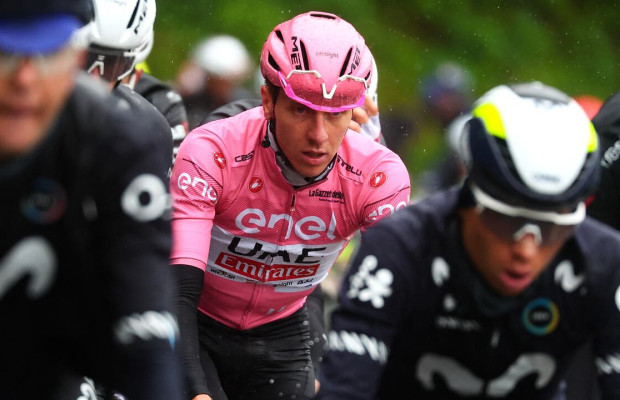
Tips for staying motivated to go out riding when cold, rain or night lurk

Can I go cycling with the flu or a cold?

He invented the idea of jumping over the planks, which earned him a World Championship against Van der Poel
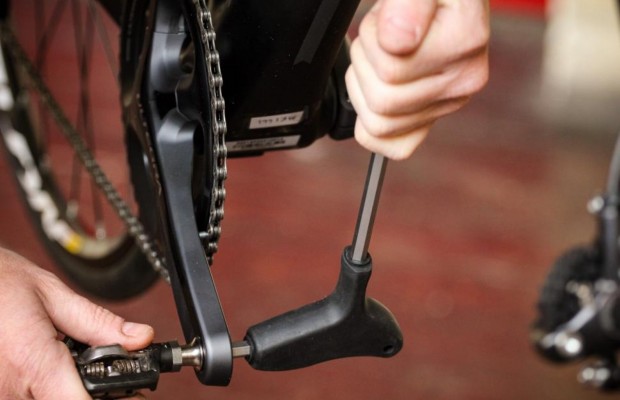
How to change the pedals of any bike in 5 steps
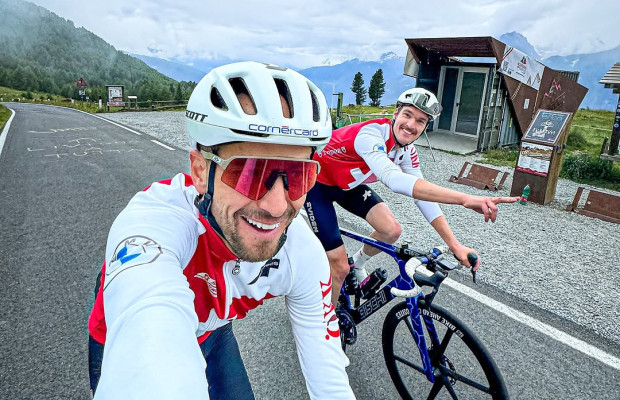
Is it possible to do base training when time is short?
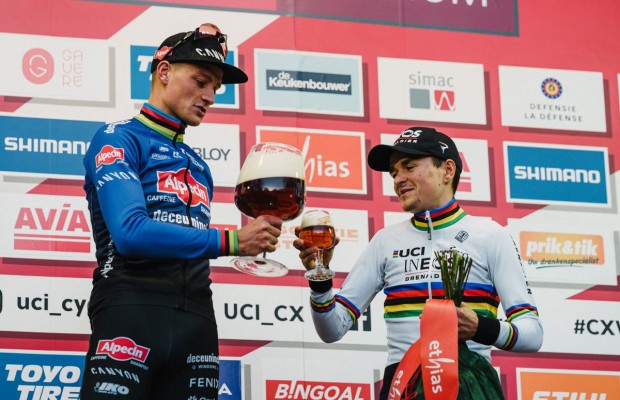
Alcoholic beverages with the fewest calories
The Enhanced Games want to break with the current paradigm and propose a new perspective: a competition in which doping is accepted as part of the rules. Athletes can compete without taking any substances, and if they decide to do so, it must be with the prior consent of the medical team of the organization.
In fact, Brett Fraser, director of athletics at the Enhanced Games, states that he is "eager to see natural athletes competing, because maybe taking all these enhancements does not help improve performance in the long run."
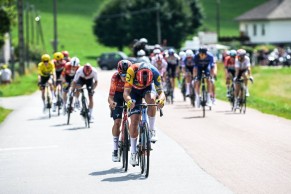
The proposal has all the ingredients to provoke great doses of astonishment and generate a barrage of questions. In an interview in Cyclist, Fraser explains that each athlete must be under medical supervision, as it will be the medical and scientific team who will evaluate and approve or reject the use of certain substances in a specific athlete.
Far from seeing it as something negative, the Enhanced Games understand doping as the expression of science in sports.
And there is one of the big questions: what professional would be willing to prescribe this type of substances? While some are used to treat medical conditions, now it would be about approving a consumption that only aims to improve performance. A decision that could lead to suspicion and a dubious reputation among their colleagues.
Andy Miah, professor of Science Communication and Future Media at the University of Salford, comments in Cycling that "simply, there is no model of efficacy to apply, for example, EPO in an enhancement context, because that goes beyond the limits of the drug's license." And adds that "any application beyond therapeutic is inherently beyond what is legal to prescribe and acceptable from a risk perspective."
On the other hand, Fraser hopes that with this work they can take note of what doping substances athletes could be using and inform the IOC so that they can improve or update their controls.

Another controversial aspect is the economic viability. Brands live off their image, so they take great care of the campaigns they sponsor. Many companies invest large amounts of money in sports events to try to associate their name with the values represented by that sport. The Enhanced Games still do not have any sponsors.
Over the years, we have seen some brands withdraw their support from athletes who have doped. It is difficult to think that the Enhanced Games will get money from large companies. And although there are brands that assume the bad image that being related to doping can give them, it must be taken into account that the use of these substances pushes bodies to the limit, so risks would increase in every sense.

The Enhanced Games argue that the criteria followed by the World Anti-Doping Agency to classify a substance as doping can be arbitrary, such as allowing some of them for training but prohibiting them for competition.
The project, an idea of Aron D'Sousa, aims to be annual. The organizers believe that Olympic athletes are poorly paid and emphasize that the Enhanced Games have a fair payment model. In addition, athletes would not be obliged to report that they have doped. At the moment, five sports are included -athletics, swimming, gymnastics, combat, and strength-, although if the first edition is successful, cycling could be one of the sports that could enter in the future, as Fraser himself acknowledges.
Several important details are still to be known, such as what classification system would be followed to participate in the Enhanced Games. Nevertheless, hundreds of athletes have already contacted the organization to inquire.